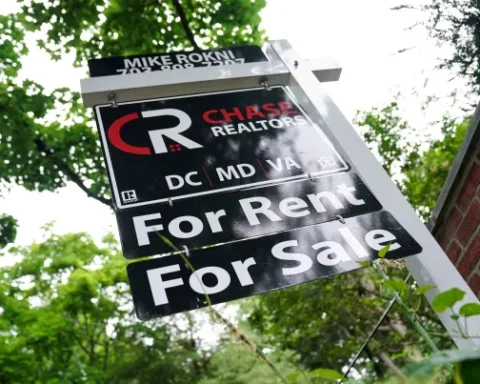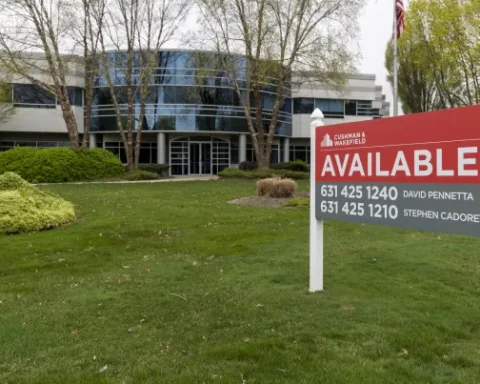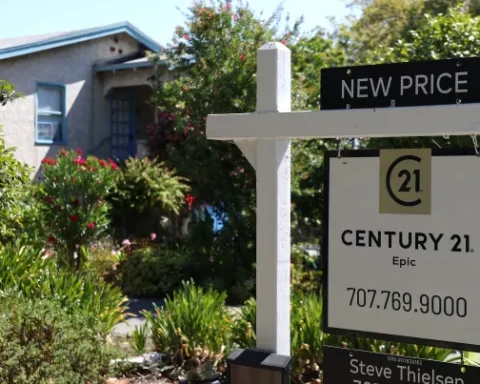In recent years, a pressing challenge has emerged for young adults striving to carve out their own space: the daunting housing market. Soaring home prices and exorbitant rents have become significant hurdles for Generation Z, born between 1996 and 2012. Consequently, a substantial portion of this generation finds themselves anchored to their childhood homes, unable to afford their living spaces. This phenomenon sheds light on the broader issues of financial instability and intergenerational dependency in today’s society.
A study by Intuit Credit Karma, which surveyed 1,249 individuals aged 18 and older, reveals that nearly one-third (31%) of Gen Z adults live with their parents due to the unaffordability of buying or renting their own space. Courtney Alev, a financial advocate at Intuit Credit Karma, observes, “The current housing market has many Americans making adjustments to their living situations, including relocating to less-expensive cities and even moving back in with their families.”
This trend is not new. The Pew Research Center reports a steady increase in multigenerational households over the years, with 25% of young adults living in such arrangements, a significant jump from 9% five decades ago. The primary driver behind this shift is financial strain, exacerbated by rising student debt and housing costs.
According to Redfin, 2023 was the least affordable year for home buying in over a decade. Sam Khater, Freddie Mac’s chief economist, notes that while there’s hope for decreasing mortgage rates, low inventory and rising home prices persist.
The financial struggles of Millennials and Gen Z go beyond housing. These generations grapple with higher student loan debts and comparatively lower wages than their parents. Laurence Kotlikoff, a professor at Boston University, highlights the difficulty of saving for a down payment in these circumstances.
For parents, the financial impact of supporting adult children is significant. Over half of Gen Z and millennials rely on parental support, increasing parents’ expenses. This often includes covering costs from groceries to health and auto insurance, amounting to an average of $1,400 monthly, as reported by Savings.com.
Despite these challenges, Pew finds an economic silver lining in multigenerational living, with such households being less financially vulnerable. Kotlikoff advises making the best of these financial unions.
The current housing crisis is more than a market anomaly; it reflects deeper societal and economic shifts affecting young adults and their families. As Gen Z struggles to gain financial independence in an increasingly challenging economic landscape, the ripple effects are felt across generations. Addressing these issues requires a multi-faceted approach, focusing on housing affordability and broader economic policies and support systems.







